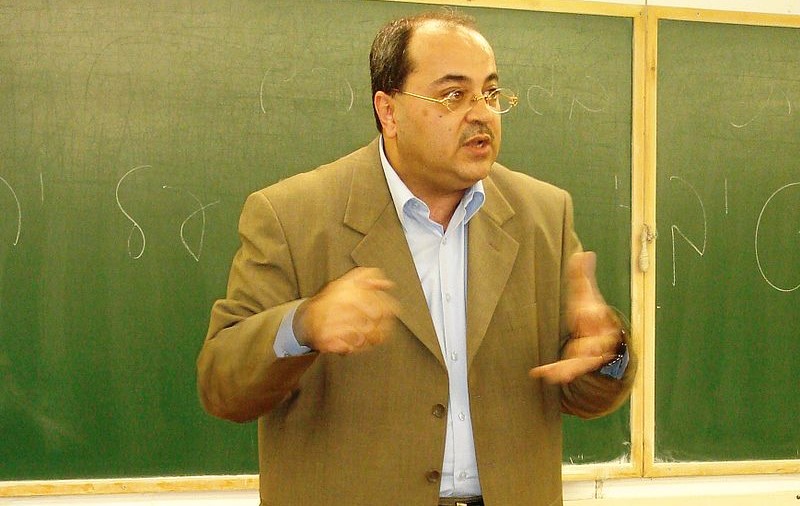MK Ahmad Tibi announced Tuesday, January 8, that he is withdrawing his single-MK-party Ta’al (Arab Movement for Renewal) from the Joint List ahead of the April 9 election, and that his party will be running independently. It is unclear whether Tibi’s party can pass the electoral threshold of 3.25 percent on its own.
“I request the Knesset House Committee’s approval to withdraw Ta’al from the Joint List,” Tibi wrote in a statement ahead of a meeting of the committee scheduled for Wednesday, January 9. In that meeting the committee members approved Tibi’s request.
Tibi’s decision faced criticism from his fellow Joint List MK. Joint List leader MK Ayman Odeh (Hadash) heard about Tibi’s decision from the press. “Netanyahu is the one who would like to see the Joint List break apart most, and the extreme right would love to divide and rule the Arab public,” Odeh responded on his Twitter account. Indeed, far-right Yisrael Beytenu faction chairman Robert Ilatov said in response to Tibi’s move “I congratulate MK Ahmad Tibi on his decision to withdraw his party from the Joint List and wish him the best of luck.”
In interviews with the media, Odeh speculated that Tibi’s decision is a tactical political move in order to garner greater Knesset representation for his party within a renewed Joint List that would still include Ta’al. The head of the Joint List expressed the opinion that this is natural in politics, but urged all members of the Arab public in Israel to retain their unity in order to meet the struggles ahead. “If the Joint List had had just two additional seats in the Knesset, the racist Nation-State Law would never have been passed, and Netenyahu knows this,” Odeh said.
The Joint List was formed in 2014 after Israel raised the electoral threshold to 3.25 percent, making it likelier that Hadash and parties representing Arab population could be shut out of the Knesset unless they allied with other parties. The Joint List is currently the third-largest bloc in the Knesset. In polls released Wednesday Maariv projected that it would win 13 seats in the upcoming election, making it the second- or third-largest Knesset bloc.



